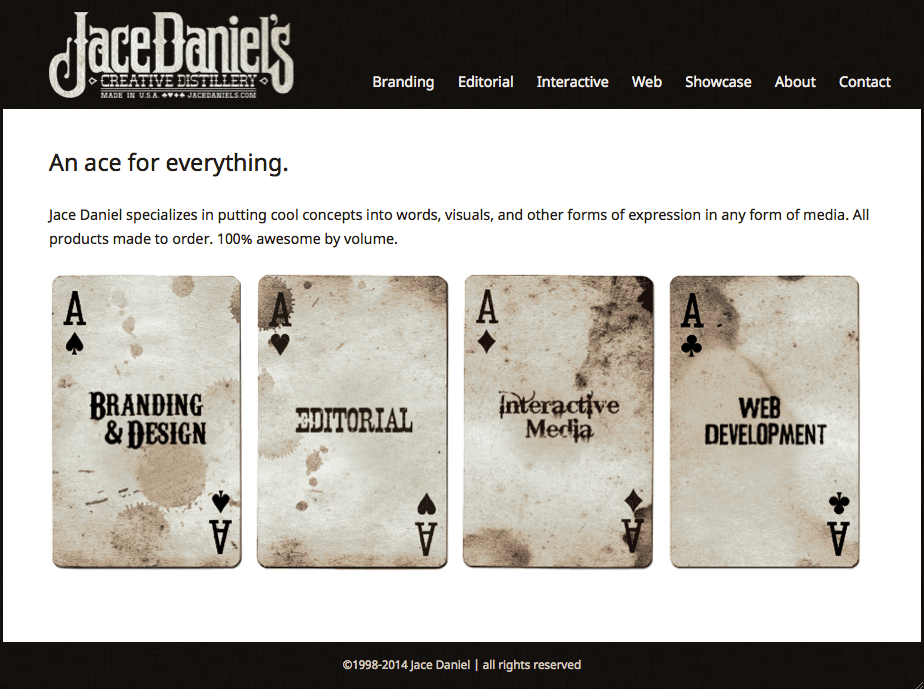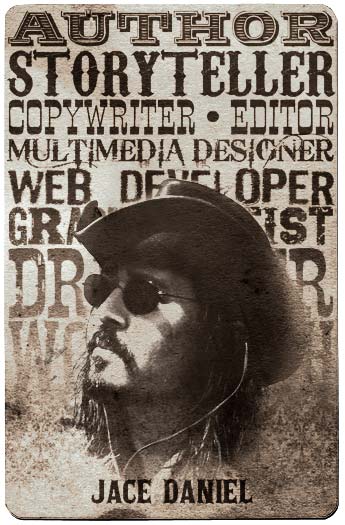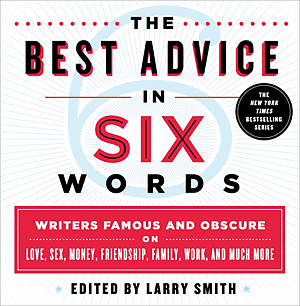Research led by by Michigan State University psychology professor David Z. Hambrick suggests that musical proficiency isn’t exclusively a product of determination. Despite even the most hermitic practice routine, genes might still leave greatness out of reach.
In short, practice doesn’t make perfect. You still need to have the goods in the first place.
Hambrick and his colleague Elliot Tucker-Drob, an assistant professor of psychology at the University of Texas, set out to investigate the genetic influences on musical accomplishment using data from a study of 850 same-sex twin pairs from the 1960s. Participants where originally queried on their musical successes and how often they practiced, both of which Hambrick found to have a genetic component. One quarter of the genetic influence on musical accomplishment appears related to the act of practicing itself. Certain genes and genotypes presumably confer qualities that drive some kids to hole up in their basement and, at the expense of their family’s sanity, perfect that drum fill — traits like musical aptitude, musical enjoyment and motivation, that in turn could draw reinforcement from parents and teachers, leading to even more desire to practice. Hambrick’s findings don’t reveal what accounts for the remaining majority of genetic influence on musical accomplishment, though he assumes it’s innate differences in faculties that would logically contribute to musical ability, such as sound processing and motor coordination.
But it gets more complicated.
The new findings suggest that it’s the way our genes and environment interact that is most crucial to musical accomplishment. Not only do genetically-influenced qualities contribute to whether people are likely to practice, Hambrick’s data show that the genetic influence on musical success was far larger in those who practiced more. It was previously thought that people might start out with a genetic leg up for a particular activity, but that skill derived through practice could eventually surpass any genetic predilections. “Our results suggest that it’s the other way around,” explains Hambrick, “that genes become more, not less important in differentiating people as they practice…genetic potentials for skilled performance are most fully expressed and fostered by practice.”
In other words, people have various genetically determined basic abilities, or talents, that render them better or worse at certain skills, but that can be nurtured through environmental influences.
Full story at Scientific American.

NOW POURING: Branding & Design, Editorial, Interactive Media, Web Development. =more info=
Most people have heard the story about how Sylvester Stallone wrote and ultimately starred in Rocky. Here are a few more inspiring details.* [click to continue…]










